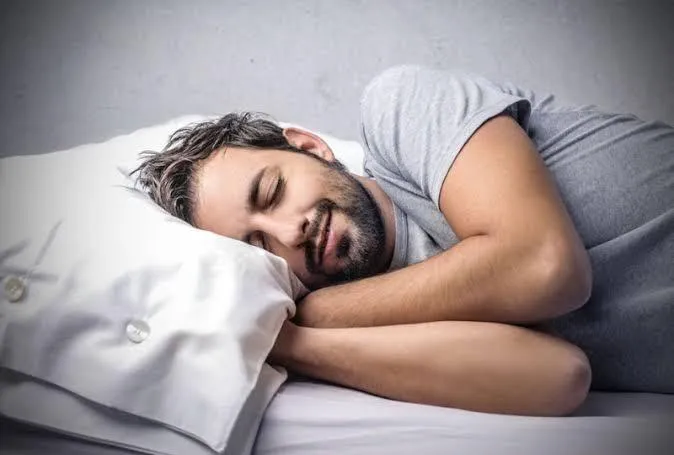UNIT 13, 49 GRANGE ROAD, CHELTENHAM, MELBOURNE, VICTORIA, 3192
Inner Athlete Blog

The Importance of Sleep on Your Health and Well-Being
Why is sleep Important and what are the benefits?
Sleep is as essential for good health as oxygen, food and water. Sleep is important for restoring your physical and mental health. It refreshes the mind and repairs the body every time you sleep.
Benefits of sleep
Greater mood and energy
Greater productivity, concentration and memory levels
Greater coordination, reaction time and judgement
Greater athletic and sport performance
Greater heart health
Establish healthy hormone balance and improved immune system
Reduce inflammation
Reduce stress or tension in the body
Allows faster repair and recovery of sore or damaged muscles and much more!
How long should you sleep for?
The National Sleep Foundation recommends the following sleep duration:
Teenagers (14-17 yrs old) - 8 to 10 hours
Young Adults (18-25 yrs old) - 7 to 9 hours
Adults (26-64 yrs old) - 7 to 9 hours
Older Adults (65+ yrs old) - 7 to 8 hours
Do you struggle to have a good night's sleep?
Here are some tips to a better night sleep:
Aim to get to bed and wake up around the same time each day, including the weekend. This helps get the body into a routine. Avoid naps during the day as this can affect the body's routine.
Turn off your screens (such as your phone, TV and laptop) at least 30 minutes before bedtime. The blue light from screens can stop your brain producing the sleep chemical melatonin, which is important in helping you get to sleep.
Natural sleep cycles are based on your body clock, which is mainly set by when you're exposed to light. Light is needed in the morning, so aim to be outside for 30 minutes or sit by a bright window. In the evening, your body needs less stimulation, so try dimming the lights.
Exercising during the day is a good way to make you tired at night. Maintain a consistent exercise or training routine daily. Try to avoid exercising last thing at night though, as this can keep you awake.
Keep your bed for sleep. Working, watching TV or being online in bed can cause your brain to associate bed with being alert and awake.
Your bedroom should be dark, cool (around 16-18°C) and quiet.
Limit how much caffeine you have, including coffee, energy drinks and soft drinks. Also, try to avoid caffeine entirely after lunchtime.
Avoid drinking alcohol before bed. It might make you sleepy, but you're less likely to get good, restful sleep with alcohol in your system.
Sleep medications are not usually required to help with sleep problems. While they can help in the short term, they also have a number of side effects and may not give good quality sleep. Your body can also get used to these medications quickly, so the effect wears off.
If you eat well and train hard your sleep quality will improve!
However, if you're struggling to keep your health and fitness on track right now, we're here to help! Contact us today.
Trent Pirihi
Founder and Head Strength Coach
Inner Athlete
Article written by Nathan Palenkas, Inner Athlete Strength Coach
Sources:
http://sleephealthfoundation.org.au'>sleephealthfoundation.org.au
http://www.sleepfoundation.org'>sleepfoundation.org
Book A Free Discovery Call
By providing your number you consent to receive marketing/promotional/motification messages from Inner Athlete. Opt-out anytime by replying STOP. Msg & Data rates may apply
Apply Today
Lorem ipsum dolor sit amet, consectetur adipiscing elit, sed do eiusmod
STEP 1
Submit Your Application
Lorem ipsum dolor sit amet, consect adipiscing elit, sed do eiusmod tempor incididunt ut labore et dolore
STEP 2
Go Through The Interview Process
Lorem ipsum dolor sit amet, consect adipiscing elit, sed do eiusmod tempor incididunt ut labore et dolore
STEP 3
Start Coaching
Lorem ipsum dolor sit amet, consect adipiscing elit, sed do eiusmod tempor incididunt ut labore et dolore
Contact Us
Email
[email protected]
Address
13/49 Grange Rd, Cheltenham 3192 (opp. DFO)
Phone 0483 956 560
Follow Us

